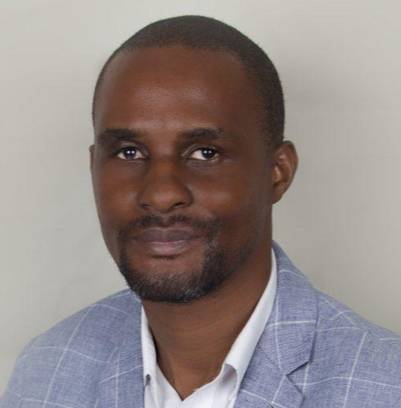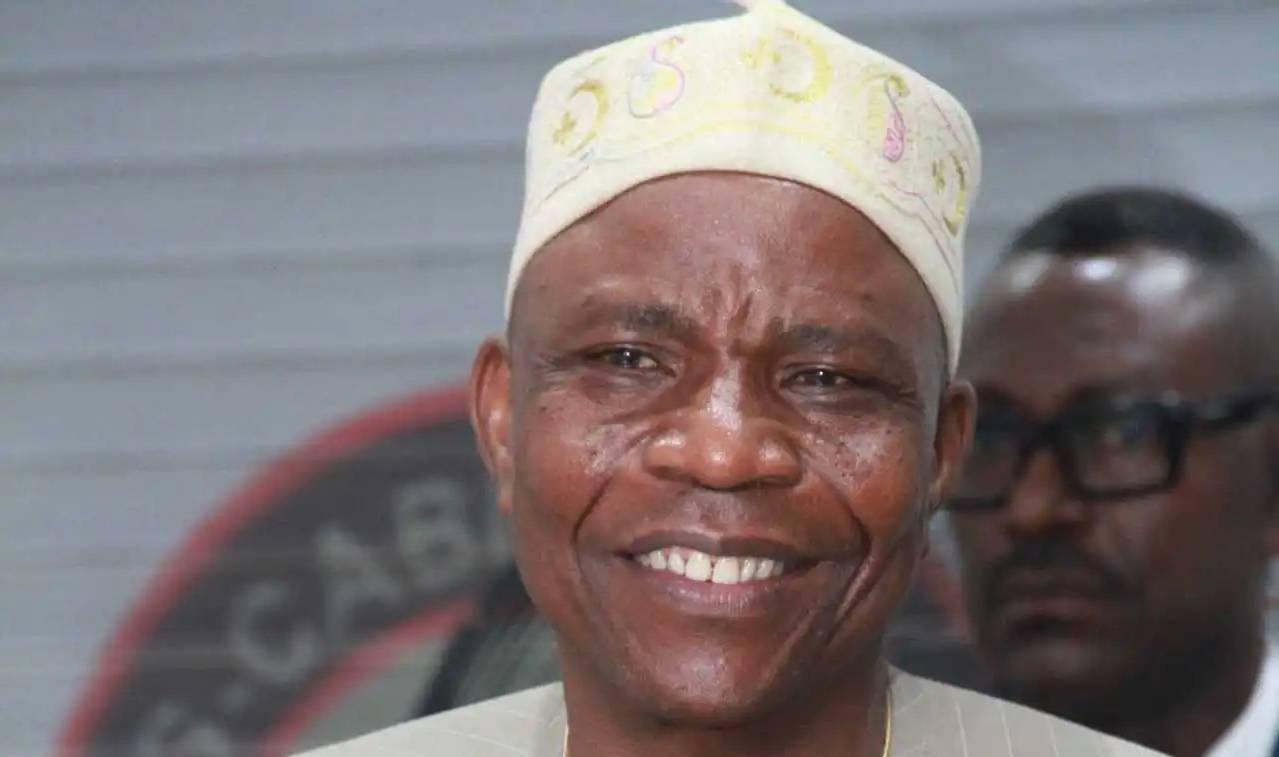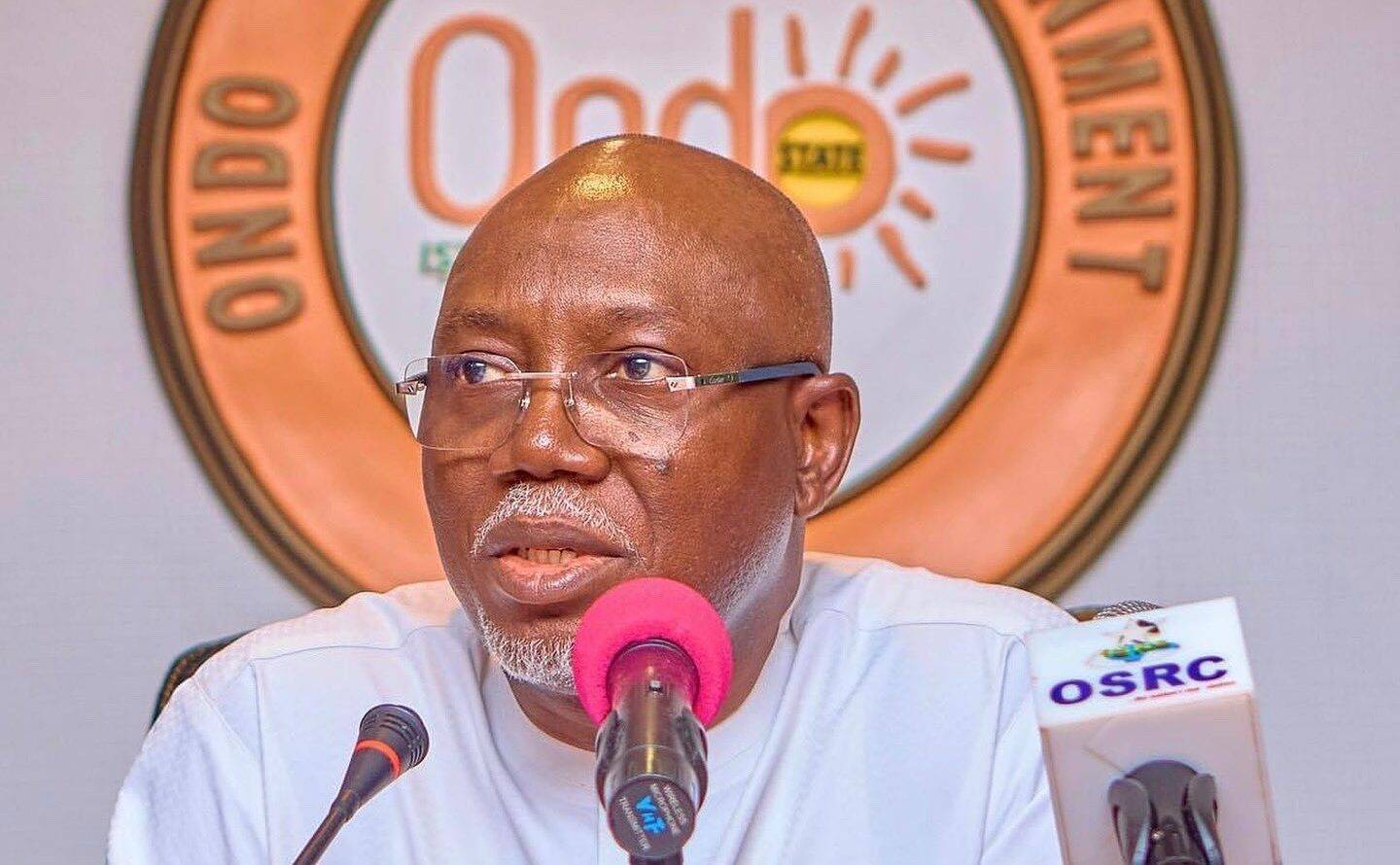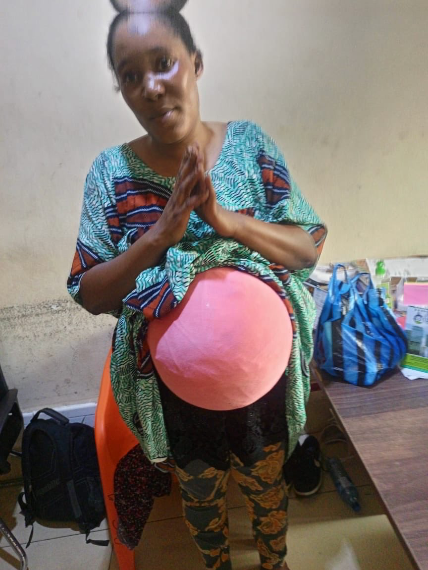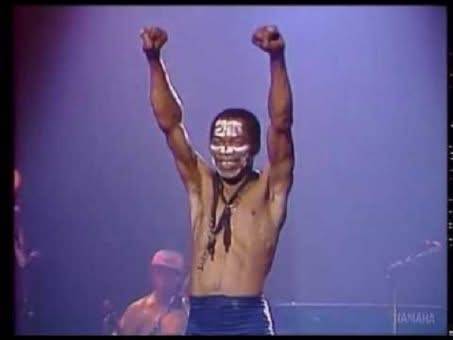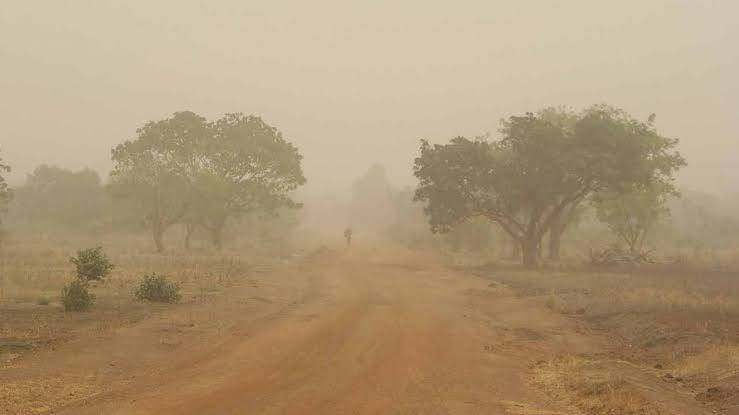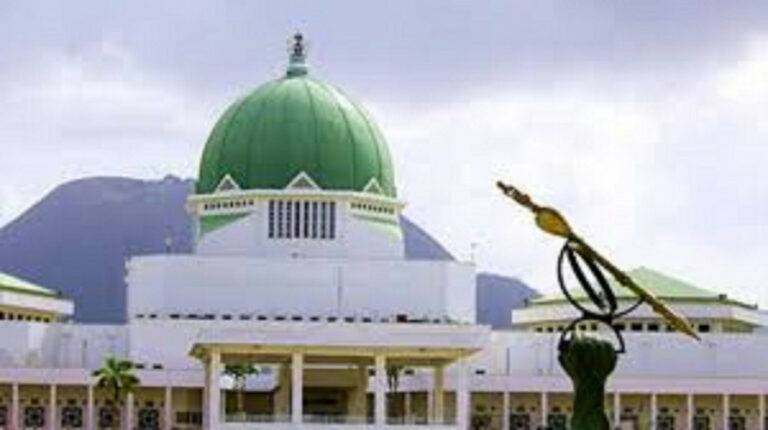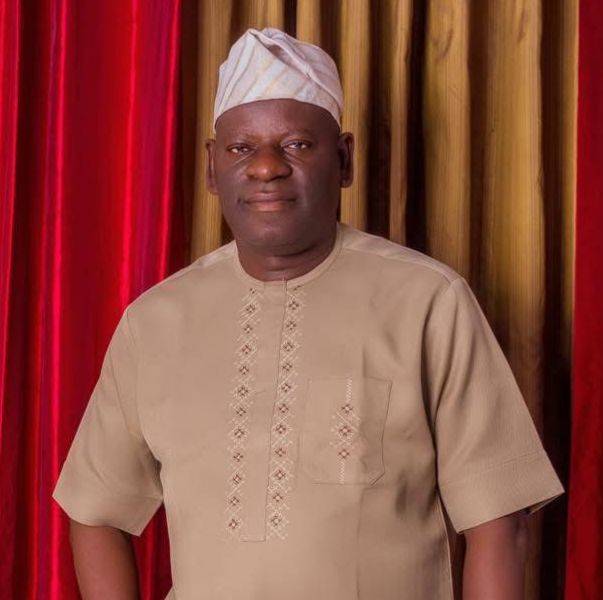Abolaji Adebayo, Johannesburg
Experts and academics have issued a compelling call for media professionals across Africa, particularly in Nigeria and South Africa, to collaborate and converge in order to tell the continent’s stories themselves, thereby countering persistent misrepresentation and hegemonic control by foreign media outlets.
The urgent appeal was made during the two-day MTN Media Innovation Summit, held at the Johannesburg Business School at the University of Johannesburg, which coincided with the institution’s 20th-anniversary celebrations and featured the theme ‘Harnessing the Potential of Media Diplomacy in Africa’.
Head of the Department of Communication and Media, Professor Admire Mare, delivered a powerful critique, noting that a lack of cooperation has left Africans subjected to “White hegemony” and unable to set a common agenda.
“While the rest of the world has an agenda for Africa, Africa has no agenda for the rest of the world,” Mare stated.
He expressed deep concern over the failure of African media to stand up against the dominance of major international networks like BBC, CNN, Al Jazeera, and others, a phenomenon he said has crippled effective media diplomacy and agenda-setting on the continent.
Mare charged media practitioners to “forge alliance and convergence to tell their own stories,” emphasising that in the social media era, “everybody is media” and the narrative about Africa must change.
According to him, “the old is dying, but the new cannot be born….”
Echoing this sentiment, Professor Rene Benecke, Head of the School of Communication at the University of Johannesburg, emphasised the profound responsibility of journalists, communicators, and academics to frame Africa’s narrative in a way that inspires hope and reflects its true diversity.
Citing Chimamanda Ngozi Adichie’s seminal concept of “the danger of a single story,” Benecke urged media practitioners to actively reject the monolithic portrayal of Africa as a continent defined solely by war, poverty, and corruption.
“Our role is to tell the fuller, richer stories of the continent,” she asserted.
Benecke also introduced delegates to the concept of the “BANI world” (brittle, anxious, non-linear, and incomprehensible), challenging them to adopt creative problem-solving, adaptive thinking, and responsible communication to navigate an era dominated by artificial intelligence and algorithmic biases.
In her welcome remarks, Professor Kammila Naidoo, Executive Dean of the Faculty of Humanities at the University of Johannesburg, stressed the critical importance of such international collaboration for building capacity and advancing research in African media.
She described the summit as a vital platform for examining how both traditional and digital media can strengthen African agency in global affairs, foster regional cooperation, and counter misinformation and online polarization.
“These interactions allow media professionals in Nigeria and South Africa to co-create and build exciting new projects that place the continent at the helm of strategic media thinking,” Naidoo said, adding that with South Africa preparing to host the G20 Leaders’ Summit in November, this is a pivotal moment to shape an African agenda and impact international discourse.
Adding a Nigerian perspective, Director of Professional Education at Pan-Atlantic University’s School of Media and Communication, Isaac Ezechukwu, described the MTN Media Innovation Programme (MIP) as one of Africa’s most transformative media education initiatives.
He called for increased investment in media education from governments, corporate partners, and educational institutions, noting that such support is essential to repositioning the media as a vital driver of national development and an infrastructure for deepening public trust.
Senior Manager for External Relations at MTN Nigeria, Funso Aina, emphasised the company’s commitment to building capacity for media professionals, whom he described as “society’s most critical watchdogs,” going beyond its core business of data and voice calls.
He highlighted the unique challenges faced by African journalists, including unstable incomes and limited training opportunities, which hinder professional growth.
Aina noted that the MIP initiative’s expansion to include collaborations with the University of Johannesburg reflects the importance of strengthening Nigeria-South Africa ties.
He described the two nations as “the two economic powerhouses of the continent,” declaring that “if both countries get it right, the entire continent gets it right.”
The summit, part of the South Africa study visit component of the Media Innovation Programme hosted yearly by Pan-Atlantic University, served as a powerful call to action for collaborative storytelling and a unified African media front.


